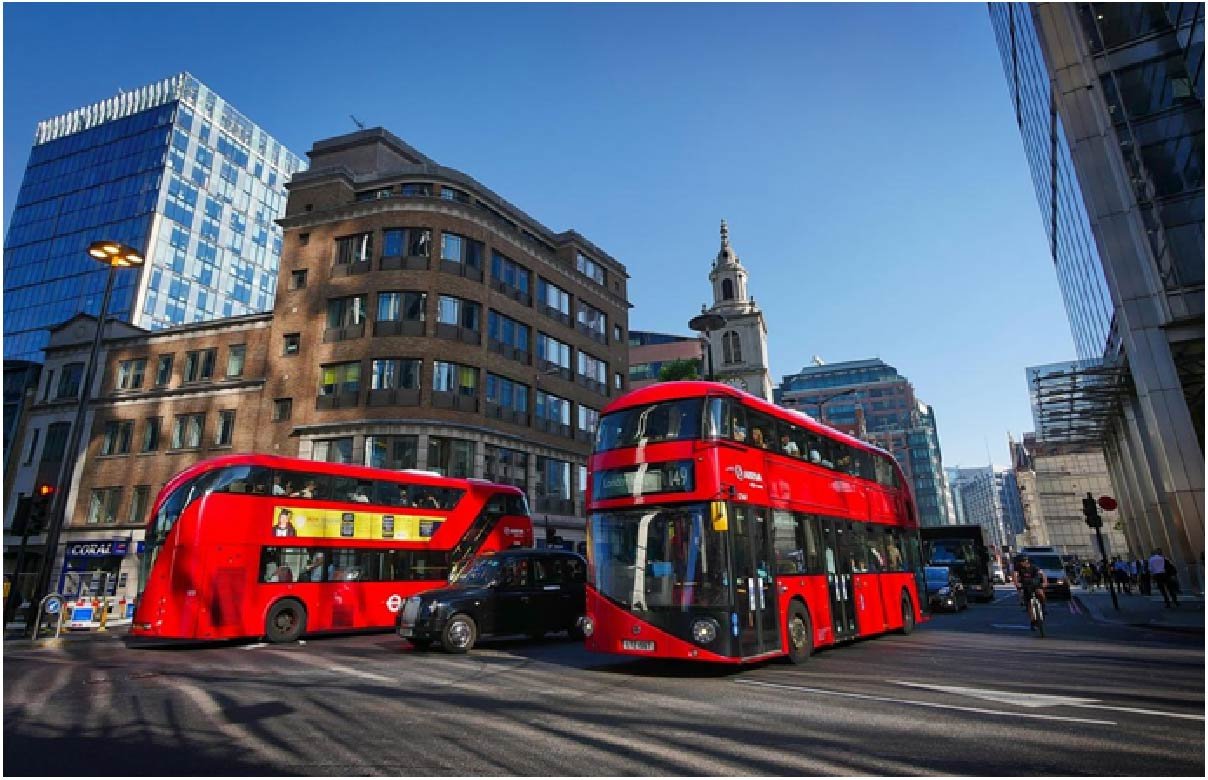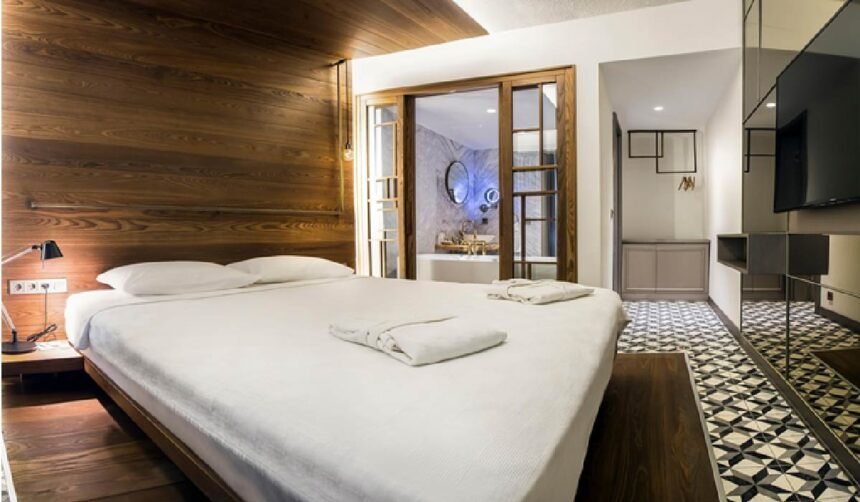London School of Economics and Political Science (LSE) is a globally prestigious institution located in the heart of one of the world’s most expensive cities. Studying at LSE requires careful financial planning. This guide provides a detailed breakdown of the expected costs for tuition, student accommodation near LSE, and living expenses, drawing on the most recent data available. Understanding these costs is crucial for prospective students to budget effectively and explore funding opportunities, ensuring a financially sustainable academic experience in London.
Tuition Fees: The Largest Academic Expense
Tuition fees at LSE are among the highest in the UK, particularly for international students. It vary significantly by program and level of study.
- Undergraduate Programs: Annual tuition fees for international undergraduates typically range from £23,330 to £29,760, with popular programs like Economics, Politics, and Law falling on the higher end of this spectrum. Notably, programs in Accounting & Finance can be even more expensive.
- Postgraduate Programs: Master’s degrees are considerably more costly. Fees for MSc programs in Economics can be around £31,560, while an MSc in Finance can cost up to £38,580. Other social science master’s degrees generally range from £25,000 to £33,000 per year.
Accommodation Costs: On-Campus and Off-Campus Options
Housing is the second-largest expense after tuition. LSE offers guaranteed accommodation for first-year undergraduates who meet deadlines, but supply is limited.
University-Managed Halls
LSE provides many university-managed accommodations, each with different price points and amenities. For example, the LSE self-managed halls include Bankside House, High Holborn, and Carr-Saunders Hall. Weekly rents typically range from £180 to £290, translating to an annual cost of approximately £7,000–£11,000 for a standard contract (39-51 weeks). These are known for their proximity to campus and managed environment.
Private Rented LSE Housing
Most students move into private rentals after their first year. Here are the best options close to LSE. You can rent them with uhomes.com. uhomes.com is a reliable platform for renting student accommodation near LSE. It helps address the diverse housing needs for 2M+ students from 500+ cities.
- Chapter Ealing: Chapter Ealing, W3 6UN, located at Victoria Road, is a modern student accommodation in London. With East Acton underground station at the doorstep, it is a 33-minute tube ride from LSE. The residence offers Studios, En-suites and 3-bedroom Apartments to students, tailored to diverse needs and budgets. The most affordable option is the 3-bedroom apartment, starting from £276 per week. En-suite rooms begin at £294 per week, while studios are priced from £333 per week. The accommodation also offers many modern amenities for a comfortable life, like a games room, a cinema room, study spaces, and a roof terrace. All utility bills, like electricity, water, heating, internet, and gas, are included in Chapter Ealing. You can also enjoy many special offers with uhomes.com, like the direct cashback and group booking cashback.
- Chapter Highbury II: Chapter Highbury II is a student accommodation in London that offers En-suites and Studios to students. En-suite rooms start at £344 per week, while studios are priced from £424. The residence is located just steps from Holloway Road Underground station, providing a direct connection to the LSE campus in approximately 22 minutes. Chapter Highbury II offers many modern amenities to students, such as study spaces, a games area, and a cinema. All utility bills and 200 MB dual-band Wi-Fi are included in the rent, guaranteeing a hassle-free living experience. Furthermore, your room will be professionally cleaned every two weeks to ensure it remains fresh and tidy.
Daily Living Expenses: Food, Utilities, and Personal Care
Beyond rent, daily living expenses constitute a significant part of the monthly budget.
- Groceries and Dining: Students who cook at home can expect to spend £200–£350 per month on groceries. Relying on campus cafeterias, cafes, and takeaways will increase this cost significantly; a meal out in London averages £15–£40.
- Utilities: For those in private rentals, monthly utility bills can add £50–£100 to expenses. Fortunately, these costs are included in the student accommodations offered by uhomes.com.
- Internet and Mobile Phone: A monthly mobile phone plan costs £20–£50, and internet bills for a private household are typically £30–£50 per month.
Transportation: Navigating London
London’s public transport system is extensive but costly.
- Student Oyster Card: A monthly travelcard for Zones 1-2 costs £150–£200 and provides unlimited travel on the Tube, buses, and Overground within those zones. This is a necessary budget item for most students not living within walking distance of campus.
- Cycling: Purchasing a bicycle and maintaining it can be a cheaper alternative, with monthly maintenance costs estimated at £20–£50.

Academic and Personal Expenses
Several other costs are integral to the student experience.
- Books and Academic Materials: Textbook costs are high, especially in social sciences. Students should budget £600–£800 per year for books and other course materials. Printing and photocopying can add another £200–£300 per year.
- Health Insurance: The UK’s Immigration Health Surcharge (IHS) is a mandatory part of the student visa application, costing £1,035 per year.
- Personal and Social Expenses: This includes clothing, leisure activities, and travel. A modest monthly budget for entertainment and socializing is £100–£200.
Financial Planning and Money-Saving Tips
Given the high costs, proactive financial management is essential.
- Seek Financial Aid: LSE offers a range of scholarships and bursaries, such as the LSE Centenary Scholarship and Global Excellence Scholarship, which can provide substantial financial support.
- Budgeting: The official UK government guideline suggests a minimum of £1,483 per month for living costs inside London, but most students find they need £1,500–£2,000+ when all costs are considered.
- Part-Time Work: International students on a Tier 4 visa are typically permitted to work up to 20 hours per week during term time. LSE and other London employers offer many part-time opportunities to help offset living expenses.
Conclusion
Studying at LSE is a significant financial investment. Prospective students should anticipate total annual costs, including tuition, to easily range between £40,000 and £60,000+. Thorough research, early application for accommodation and scholarships, and careful budgeting are paramount to managing the high cost of living in London and making the most of the world-class academic experience LSE offers.









